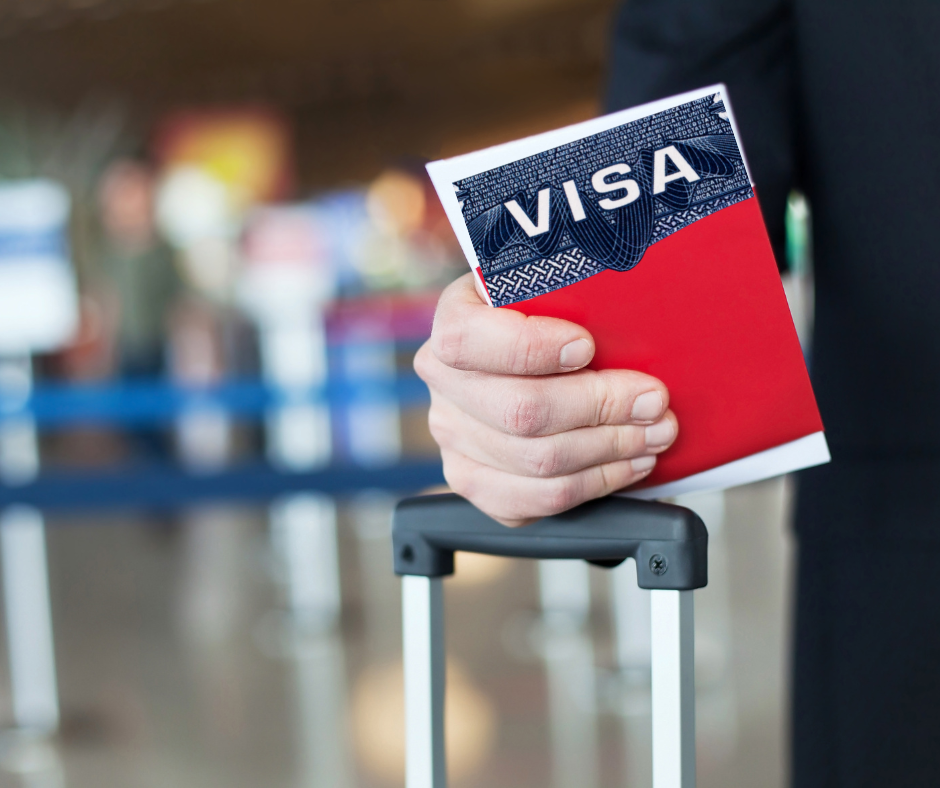There are certain documents that one needs to study in Denmark. The documents depend on the time span of stay and the country’s origin. All nordic citizens do not require a passport to enter Denmark. In contrast, citizens of the EU or European Economic Area must carry their passports for entry into the country. But those students who do not belong to the EU /EEA need a visa or residence permit.
- Suppose the student is a citizen of Finland, Norway, Iceland, or Sweden. In that case, they do not need a visa or residence permit to work, live, and study. Hence, they can enter the country without a passport. But they can keep evidence of identity by driver’s license or credit card.
- The students from EU/EEA or Switzerland can stay in Denmark for up to the duration of three months along with a passport and no other documents. If you want to stay for more than three months, a Danish registration certificate is required. One must apply for this certificate in less than three months before arriving in the country. One can get it from the Regional State Administration. This certificate is beneficial as they give a health insurance card and a personal identification number.
FOR NON-EU OR EEA CITIZENS
For citizens who do not belong to EU or EEA countries, their permit depends on how long they stay in Denmark. Students will require a visa if their stay is less than three months. And a residence permit is required if the stay is for more than three months.
- Did you know about the Denmark Student Visa Requirements for staying less than three months? Any approved Danish mission can make the application for the visa from your own countries, such as Danish embassies and consultants. But getting a permit does not validate them to start working in Denmark. One can also consult Denmark’s Ministry of Foreign Affairs for visa application.
- Studying for more than three months in Denmark requires a residence permit which one can obtain from a Danish embassy in your own country of origin. It will give an allowance to Denmark student work permit by which one can have part-time work for twenty hours per week. Documents required for it are as follows-
- Valid passport
- Acceptance letter by the University
- Payment of visa fees
- Evidence of language proficiency that depends on the language of the course you are taking
- A piece of evidence for showing that you can financially support yourself till the time you stay.
You can get a permit to stay and study if enrolled in any University for an educational program. One can complete the entire educational program or a certain part of the program either as an exchange student or guest. Denmark’s post-study work permit is for six months, allowing you to work and find a job after completing your educational course.
The point is that the visa applicant must know what is correct and what is not as per the country they are looking to move to. Only those who are experts in these matters can assist the aspired immigrants in moving to Denmark without any hassle. Besides that, they can even let you know which visa will work best for you.
Types of Visas for Denmark
1. Student Visa
2. Tourist Visa
3. Business Visa
4. Cultural Visa
Denmark provides many classes of visas, and its policies vary from nation to nation. Switzerland, Lichtenstein, EU citizens, and Nordic countries nationals are entitled to work within Denmark visa-free. However, immigrants from other nations have to meet specific requirements to work in this country. A majority of skilled migrants apply for a Denmark Green Card visa. This visa allows an immigrant to stay in Denmark for a maximum of 3 years. They can seek employment, as well.
What Should One See In An Immigration Consultancy Firm?
Following are the things that one should keep in mind when choosing the right immigration consultancy:
1. Check whether they are registered or not
While searching for an immigration consultancy firm, ensure that it is registered with an authorized entity. If the firm is not registered, then look for another one. There can be chances of you getting conned if you work with a fake or unregistered consultancy.
2. Look at the migration rules and policies
As migration policies differ from state to state, it’s vital to look at the list of rules and comprehend them. A few nations, for example, India, have introduced visa on arrival. Therefore, you need to know how many services apply to the residents. Think about hiring consultancies that have been working for many years and have already served a lot of individuals.
3. Don’t go for consultancies that give employment assurance
If you want to Immigrate To Denmark for work, you should be aware that the migration sector is big and includes consultants and firms on an extensive scale. The ones who assure you any job or work must be avoided without a second thought. This is because their main intention is to make money by conning migrants.
Remember that employment opportunities are based on your talent and not others’ guarantee.
















